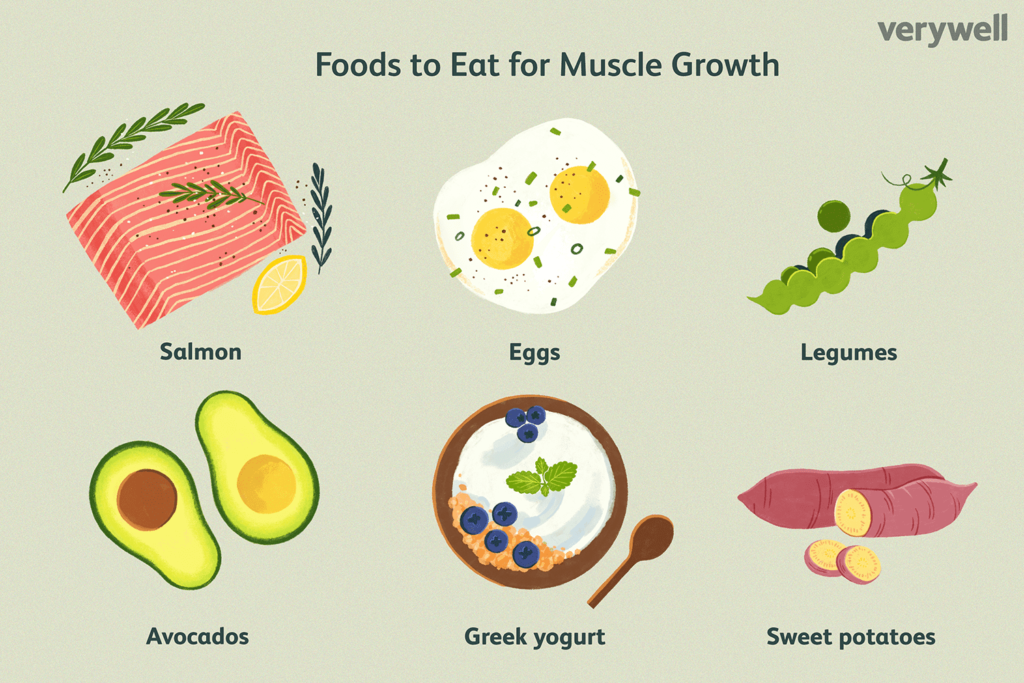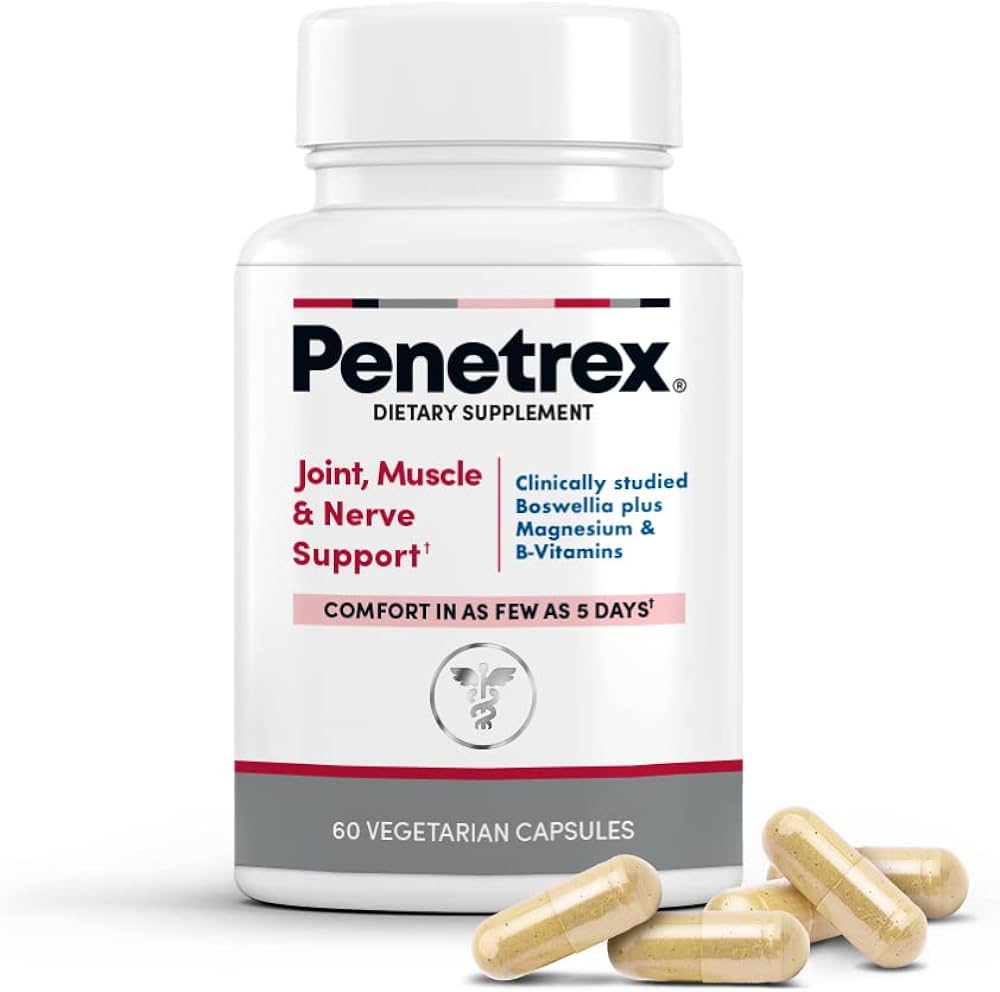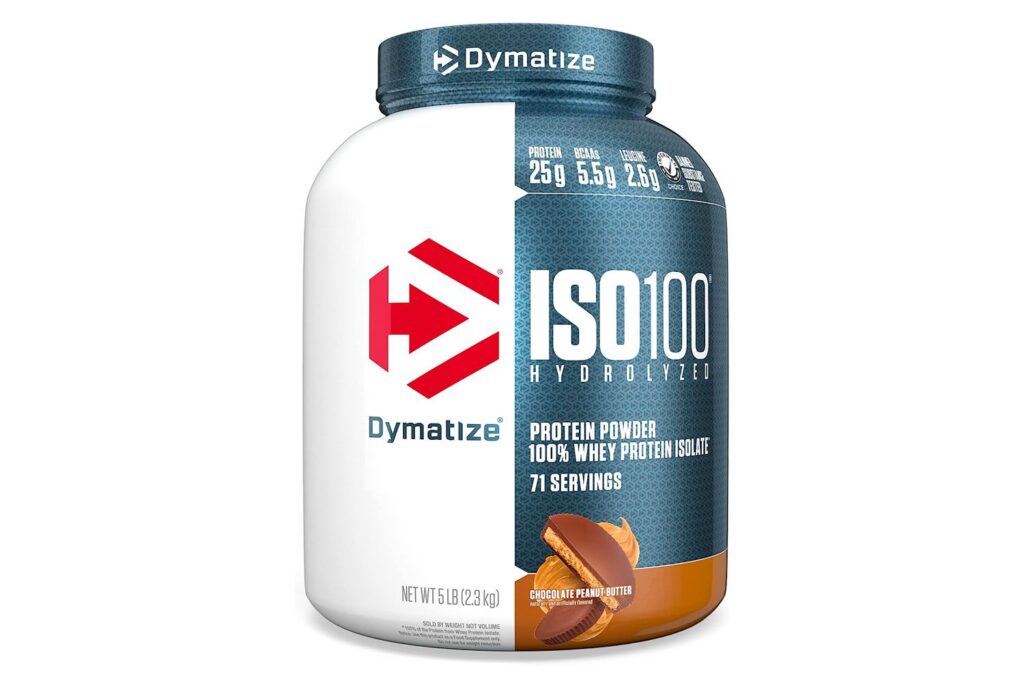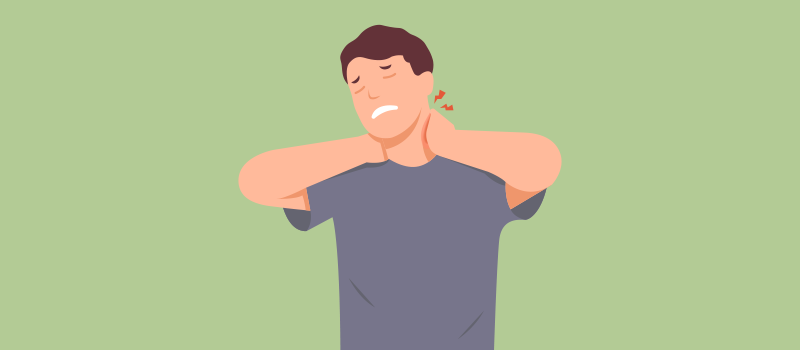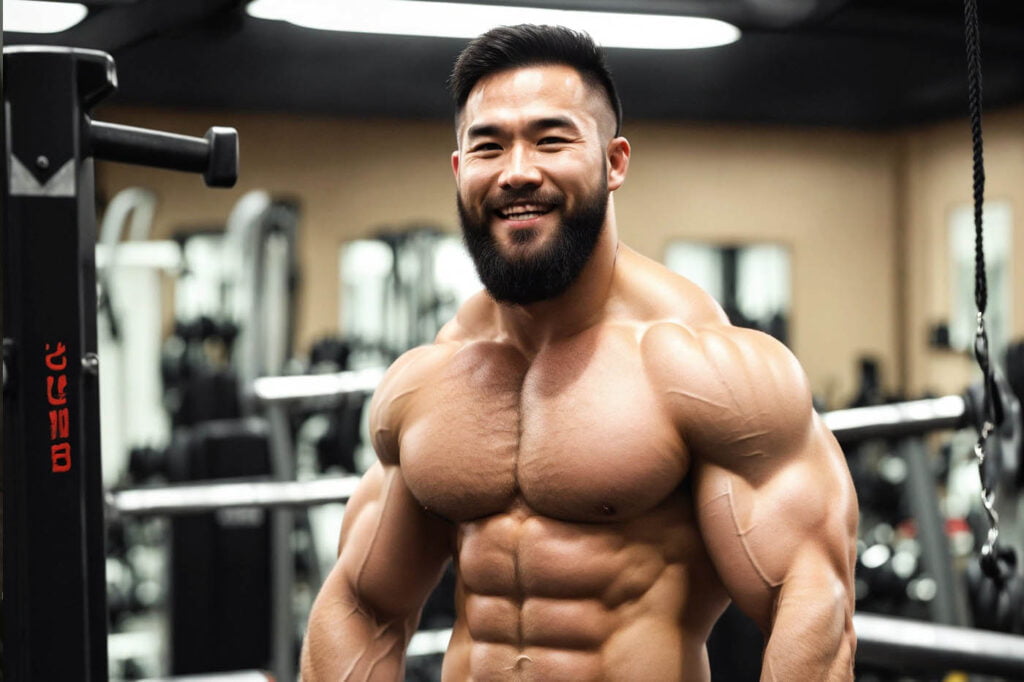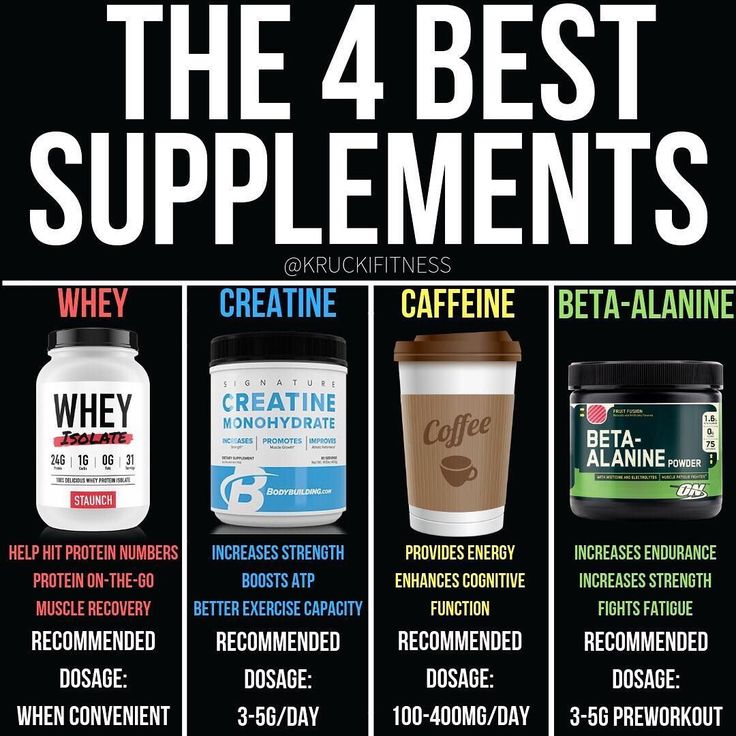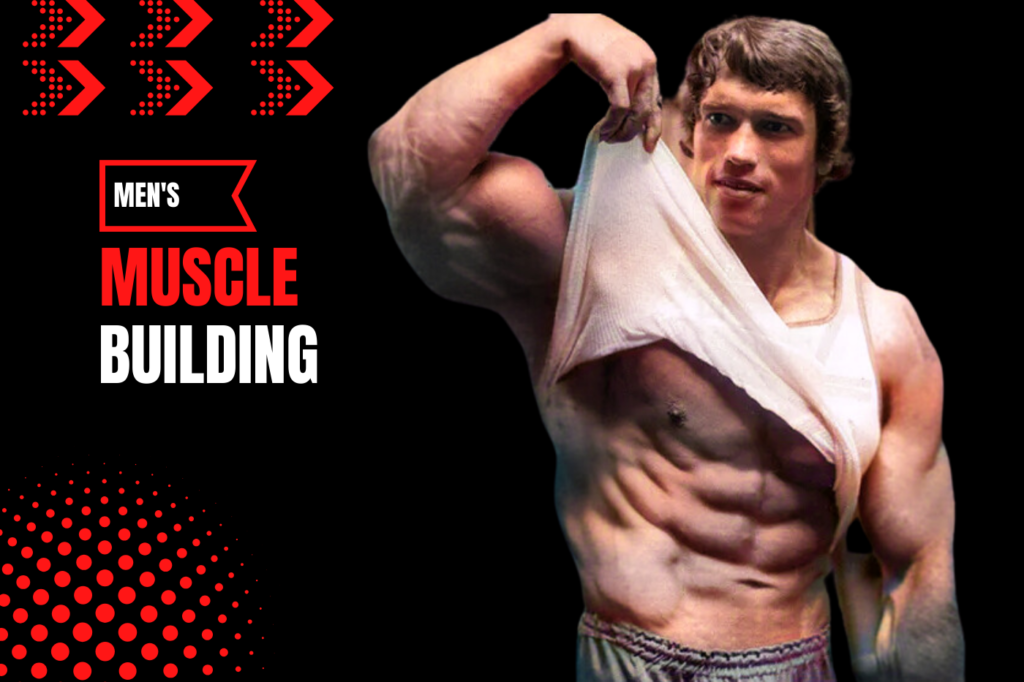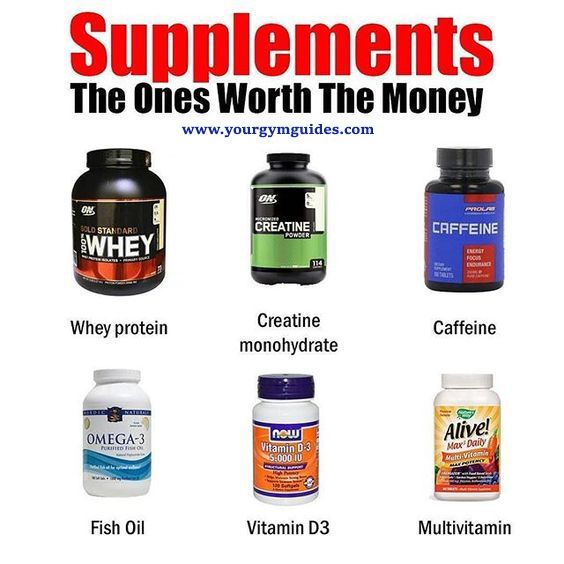For muscle gain, resistance training combined with a protein-rich diet is best. Consistency and proper recovery are key factors.
Building muscle requires a strategic approach. Resistance training, such as weightlifting, stimulates muscle growth by causing micro-tears in muscle fibers. Consuming a protein-rich diet helps repair and build these muscles. Aim for lean proteins like chicken, fish, and legumes. Consistency in workouts and maintaining a balanced diet are vital.
Adequate rest allows muscles to recover and grow. Hydration and sleep also play crucial roles. Tracking progress can help in adjusting routines and diet for optimal results. Incorporating these elements fosters effective muscle gain.
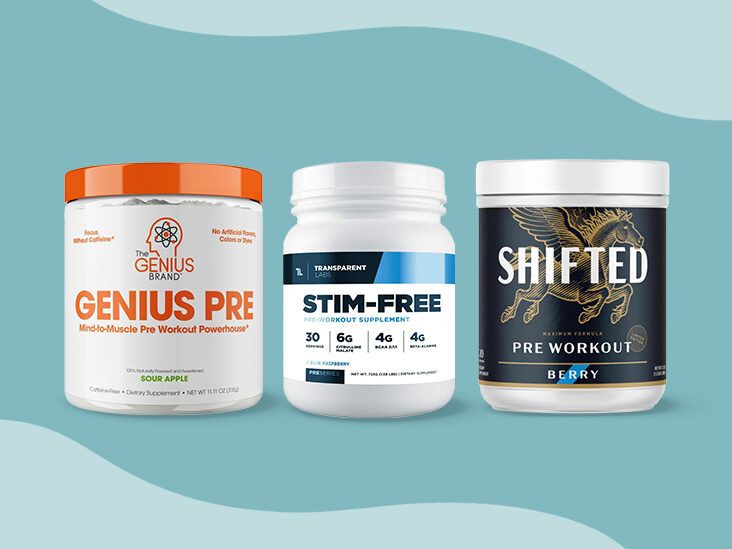
Credit: www.healthline.com
Role Of Diet
Fruits and vegetables are very important. They provide vitamins and minerals. Whole grains give you energy. Nuts and seeds offer healthy fats. Dairy products are great for calcium. A balanced diet helps build muscle.
Protein is essential for muscle growth. Eat chicken, fish, and eggs. Beans and lentils are good too. Protein repairs muscle tissue. It helps muscles grow stronger. Aim for 20-30 grams of protein per meal.
Eat small meals every few hours. This keeps your body fueled. Breakfast is very important. Have protein at every meal. After a workout, eat a snack. This helps muscles recover. Don’t skip dinner. Your body needs fuel to repair muscles.
Impact Of Exercise
Strength training is key for muscle gain. It involves lifting weights and using resistance bands. Muscles grow when they are stressed and repaired. Heavy weights and progressive overload help muscles grow bigger. Strength training should be done 3-4 times a week. Rest between sets is important for muscle recovery.
Cardio helps the heart and lungs. It can also help with muscle gain. Short bursts of high-intensity cardio can be effective. Too much cardio can burn muscle instead of fat. Balance cardio with strength training for the best results.
Muscles need time to recover and grow. Rest days are as important as workout days. Sleep is crucial for muscle recovery. Aim for 7-9 hours each night. Proper nutrition also helps muscles recover faster. Eat protein-rich foods like chicken, fish, and beans.
Supplements For Muscle Growth
Protein powder helps build and repair muscles. Creatine boosts strength and muscle mass. Branched-Chain Amino Acids (BCAAs) reduce fatigue during workouts. Fish oil supports joint health and reduces inflammation. Multivitamins ensure you get all essential nutrients.
Protein powder shows quick results for muscle growth. Creatine is safe for most people and works well. BCAAs are effective but not as strong as protein powder. Fish oil is safe and good for your heart too. Multivitamins fill nutrient gaps but do not directly build muscle.
Pick protein powder if you need more protein. Choose creatine for extra strength and power. BCAAs are good for reducing tiredness. Fish oil helps if you have joint pain. Multivitamins are useful for overall health.
Combining Diet And Exercise
Good diet and exercise help in building muscle. They work together to give better results. Eating the right foods gives your body the fuel it needs. Exercising makes your muscles strong and big. Both are important for muscle gain.
| Meal | Workout |
|---|---|
| Breakfast: Oats, Eggs | Morning: Push-ups, Squats |
| Lunch: Chicken, Rice | Afternoon: Pull-ups, Lunges |
| Dinner: Fish, Vegetables | Evening: Planks, Deadlifts |
- Skipping meals can hurt muscle gain.
- Not drinking enough water is bad for muscles.
- Doing the same workout every day is not good.
- Not getting enough sleep can slow muscle growth.
Pros And Cons Of Each Approach
Diet is crucial for muscle gain. Eating enough protein is key. Protein helps repair and grow muscles. Good sources include chicken, fish, and beans. Carbs give energy for workouts. Fruits and vegetables provide vitamins and minerals. Healthy fats are also important. Examples are avocados and nuts. But, diet alone might not be enough. Without exercise, muscles won’t grow as much.
Exercise builds and strengthens muscles. Weightlifting is very effective. Compound exercises like squats and deadlifts work many muscles. Consistency is vital. Regular workouts lead to better results. Yet, without proper diet, muscle growth is limited. Muscles need nutrients to repair and grow. Exercise alone can’t supply those nutrients.
Supplements can help muscle gain. Protein powders and creatine are popular choices. They offer quick and easy nutrients. Yet, they can’t replace real food. Whole foods provide more benefits. Relying only on supplements isn’t ideal. Balance is key for best results. Taking too many supplements might harm your health.
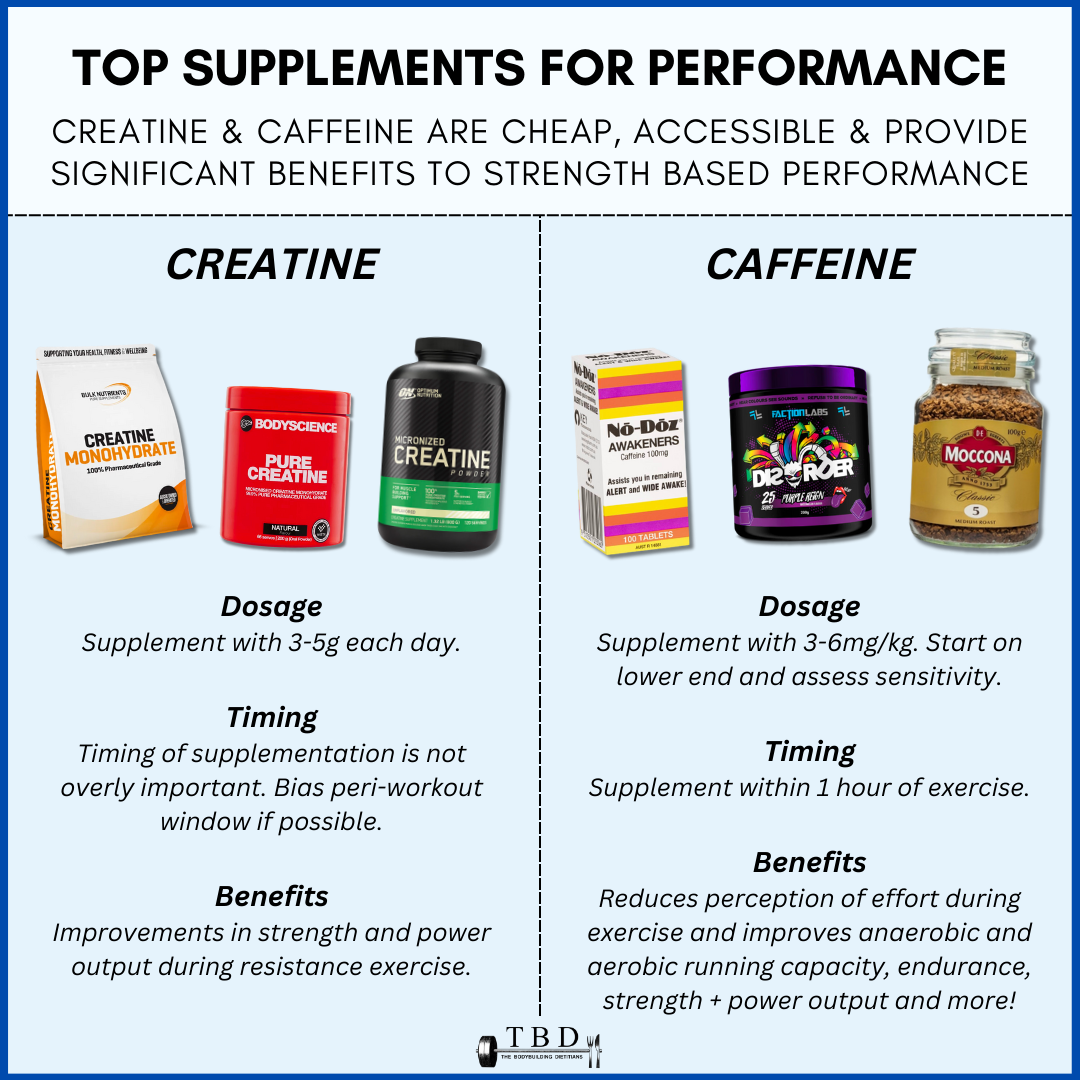
Credit: www.thebodybuildingdietitians.com
Personalized Strategies
Everyone’s body is different. Some people gain muscle quickly, others do not. Assessing individual needs helps you find the best method. Look at your current fitness level. Consider your diet and daily routine. These factors are crucial for muscle gain.
Track your progress regularly. Use a journal to note changes. Adjust your workout plan if needed. Progress tracking helps you see what works best. Make small changes to your diet or exercise. This helps you avoid hitting a plateau.
Seek advice from fitness experts. Consulting professionals can provide personalized plans. Trainers and nutritionists know what works. They can give you tips and guidance. This ensures you’re on the right track.

Credit: welltech.com
Frequently Asked Questions
What Foods Help Muscle Gain?
Eating lean proteins like chicken, fish, and tofu helps build muscle. Include complex carbs such as brown rice and oats for energy. Don’t forget healthy fats like avocados and nuts.
Is Weightlifting Best For Muscle Gain?
Yes, weightlifting is excellent for muscle gain. It helps by creating micro-tears in muscles, which rebuild stronger. Combine with proper nutrition for best results.
How Much Protein Is Needed For Muscle Gain?
Aim for 1. 2 to 2. 2 grams of protein per kilogram of body weight daily. Protein helps repair and build muscle tissues.
Can Cardio Help With Muscle Gain?
Cardio can support muscle gain by improving cardiovascular health. However, too much can hinder muscle growth. Balance cardio with strength training.
Conclusion
Choosing the best method for muscle gain depends on your goals and body type. Both weightlifting and resistance training offer unique benefits. It’s essential to find a routine that suits you. Consistency, proper nutrition, and rest play crucial roles. Experiment with different methods and track your progress for optimal results.

